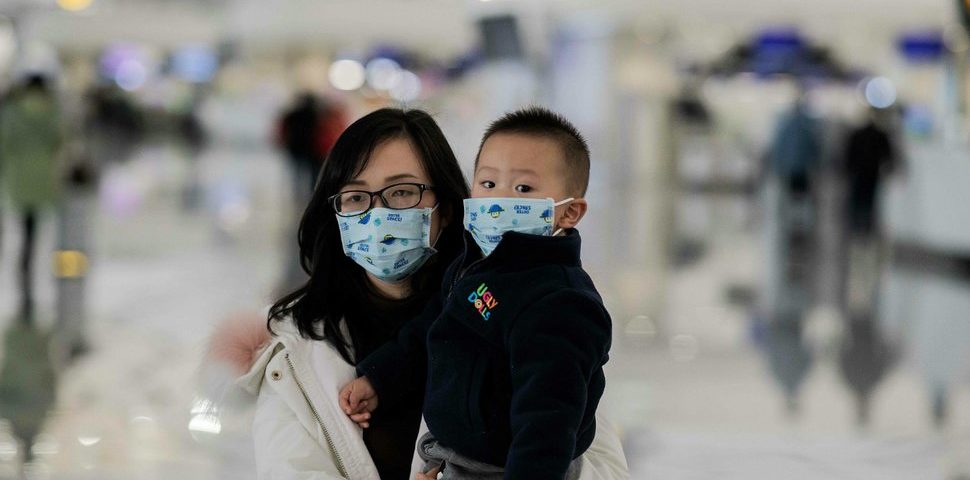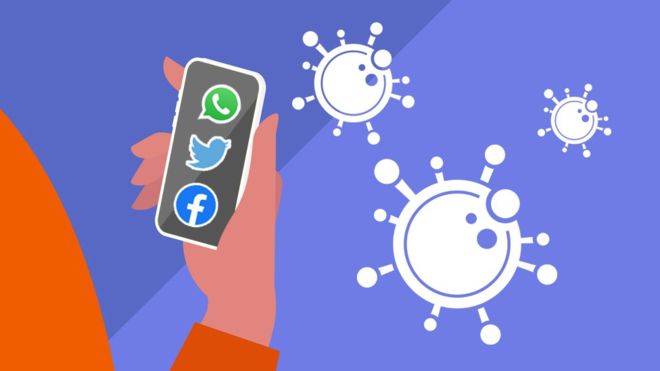WHO: 10 Ways to Protect Against the Coronavirus

Everything you should know about the coronavirus outbreak
June 1, 2020
Fighting Covid-19: Jordan as a role model
June 1, 2020THE WORLD HEALTH Organization on Friday offered advice to those who are worried about coronavirus.
The recommendations – 10 of them – come after the organization raised its global risk assessment of the coronavirus to its highest level. While still not considered a pandemic, roughly a dozen countries have reported their first cases of the virus over the past few days.
Over 83,000 people across the world have the virus, though the vast majority of cases are still in China. More than 2,800 people have died from the disease it causes, COVID-19.
“We do not see evidence yet that the virus is spreading freely in communities,” Tedros Adhanom Ghebreyesus, WHO director general, said at a press conference on Friday. “As long as that’s the case, we still have a chance of containing this virus, if robust action is taken to detect cases early, isolate and care for patients and trace contacts.”
Here are 10 basic things WHO would like people to know about the outbreak:
1. People should wash their hands regularly with soap and water, or clean them with an alcohol-based solution.
2.Disinfect surfaces like kitchens and work desks regularly.
3. Seek information on the situation from reliable sources, like a local or national public health agency, WHO or a local health case professional.
4. Anyone with a fever or cough should avoid traveling. If sickness starts while on a flight, inform the crew immediately.
5. Cough or sneeze into a sleeve or tissue. Throw the tissue away and wash hands.
[
READ: WHO: Global Risk From Coronavirus ‘Very High’ ]
6. People over the age of 60, or anyone with an underlying health condition, have a higher risk of contracting a severe case of the disease. Those people might need to take extra precautions to avoid crowded places and sick people.
7. If someone feels sick, they should stay home and contact a doctor or local health professional about the symptoms. Symptoms of the coronavirus typically include a fever and dry cough without a runny nose.
8. If a sick person does stay at home, they should eat and sleep separately from anyone else in the household. They should also use different utensils to eat.
9. A person should seek care immediately if they develop shortness of breath.
10. WHO said it is “normal and understandable to feel anxious, especially if you live in a country or community that has been affected.” People should find out what they can do in their communities and discuss how to stay safe with people in their workplace, school or place of worship





